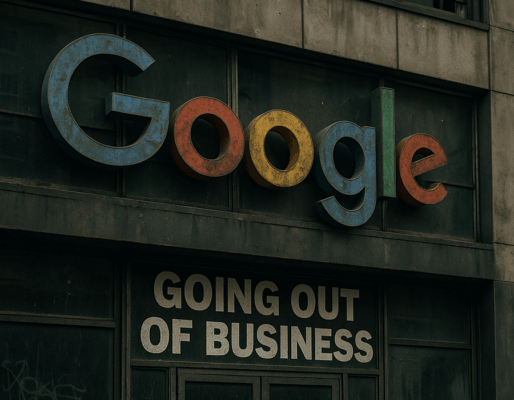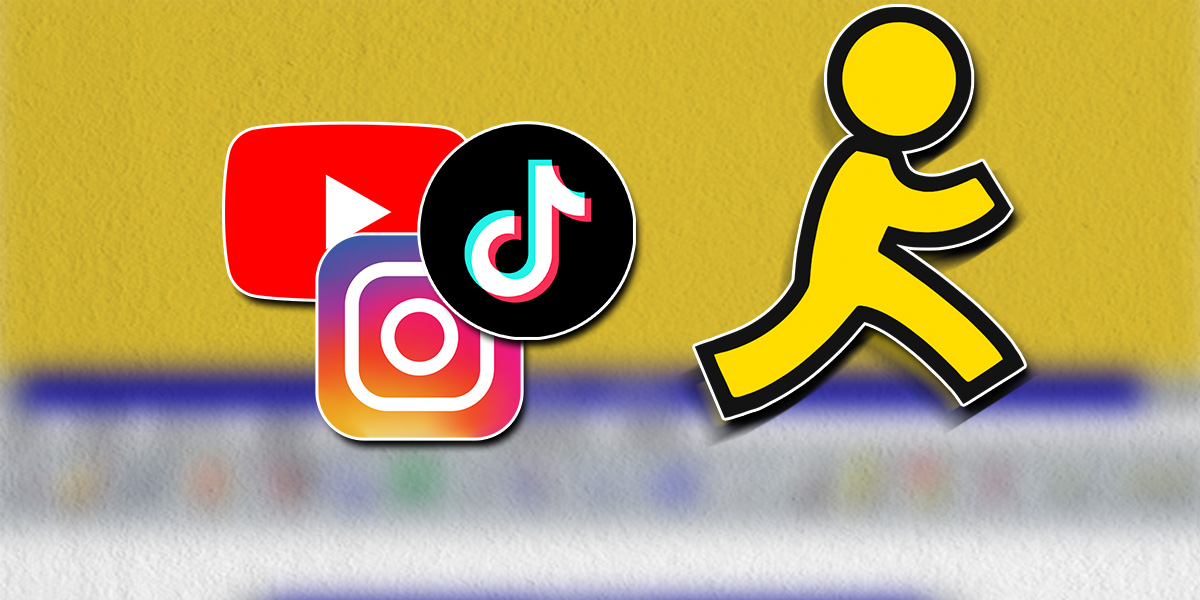There was a time, not too long ago, when the words “You’ve Got Mail” were more iconic than any modern startup catchphrase. Before Google was a verb, before TikTok was melting the attention spans of millions, and before streaming meant anything other than a babbling brook, there was AOL.
Yes, America Online, the crown jewel of the early internet. A company so massive in the late ’90s and early 2000s, you could barely turn on a TV without seeing a commercial between reruns of Frasier or Seinfeld promising to drag your family into the future… via dial-up. AOL was the gatekeeper of the online world, the cool older sibling who introduced you to chat rooms, instant messaging, and the art of waiting 45 minutes to load a 3MB music video in glorious 240p.
They were it. At one point, AOL had a market cap over $200 billion. That’s not a typo. They were so dominant, they once merged with Time Warner, one of the biggest media conglomerates in the world, in a deal so infamous it’s still taught in business schools under the category of “let’s not do that again.”
But as quickly as AOL rose to power, they began their slow fade into the digital abyss. Dial-up was replaced by broadband. The software CDs stopped coming in the mail. AIM shut down. People stopped saying “brb” and just… never came back.
Today, AOL still exists. Technically. But it’s more of a historical footnote than a functioning giant. It’s been bought, sold, repackaged, rebranded, and folded into enough companies that its original identity is now mostly found in the collective memory of elder millennials and Gen Xers who can still hear the screech of a dial-up handshake echoing in their dreams.
So, what’s the point?
Well, here’s the thing: just because a company is massive today, ubiquitous, even, doesn’t mean it’s immune to obsolescence. Tech does not care about your market cap.
Take Google, for example. There’s an entire generation now that has never not used Google. It’s baked into their everyday language. “Just Google it” is the modern-day version of “ask your dad” (except Google doesn’t fall asleep in the recliner).
Google is everywhere, search, maps, email, ads, cloud, AI, phones, your thermostat, your car dashboard, probably your dreams. But what if, just what if, they aren’t as immortal as we think?
Because here’s the cold reality: no tech giant thinks they’re the next AOL. Neither did AOL, for that matter. But the thing about innovation is that it doesn’t stop just because a few companies have figured it out. There’s always someone in a garage, or now, probably in a Discord server, building the next disruption. Today’s Google could be tomorrow’s Ask Jeeves.

Of course, Google’s downfall isn’t guaranteed. But neither was AOL’s. That’s the nature of tech. It’s fast, it’s fickle, and it absolutely loves a plot twist.
So the next time you’re marveling at how unstoppable a tech giant feels, just remember, there was a time when the internet itself felt like it was synonymous with AOL.com. And now? Most kids wouldn’t recognize that brand if it popped up on their screen… unless it was in a nostalgic Stranger Things reboot.
And don’t even get me started on Myspace.

